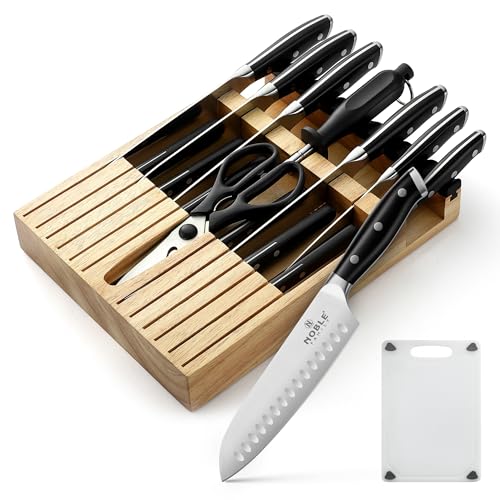foodnoobie
Active Member
I'm new to stainless steel cooking but i read that you have to boil water first, before adding salt. And to stir it at first to prevent salt crystals to lay on the bottom of the pan that causes salt pitting.
But what about a frying pan?
I like to season my steak with salt and pepper before i put it in the pan. But when i do put it in a hot pan, the salt will make contact with the stainless steel surface and possibly cause pitting.
Also when i saute vegetables, i always add salt and seasoning on top of it while they're cooking in the pan. The salt will definitely touch the stainless steel surface here as well.
So if i buy a stainless steel pan, does that mean i can only add salt after the meal is done on my plate?
Any personal experience with seasoning meat/veggies in stainless steel pans?
I'm planning on buying a Demeyere frying pan, so the quality is high but i read that it doesn't matter how many plys a pan has, it's a chemical reaction of salt and the metal.
But what about a frying pan?
I like to season my steak with salt and pepper before i put it in the pan. But when i do put it in a hot pan, the salt will make contact with the stainless steel surface and possibly cause pitting.
Also when i saute vegetables, i always add salt and seasoning on top of it while they're cooking in the pan. The salt will definitely touch the stainless steel surface here as well.
So if i buy a stainless steel pan, does that mean i can only add salt after the meal is done on my plate?
Any personal experience with seasoning meat/veggies in stainless steel pans?
I'm planning on buying a Demeyere frying pan, so the quality is high but i read that it doesn't matter how many plys a pan has, it's a chemical reaction of salt and the metal.

























